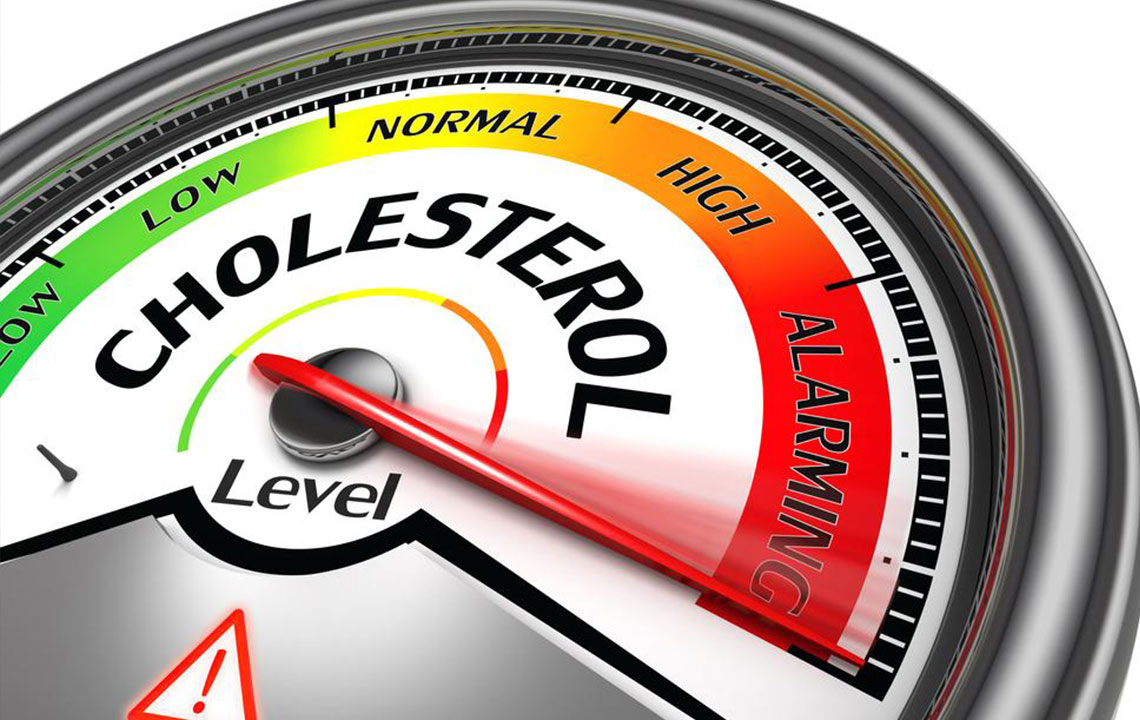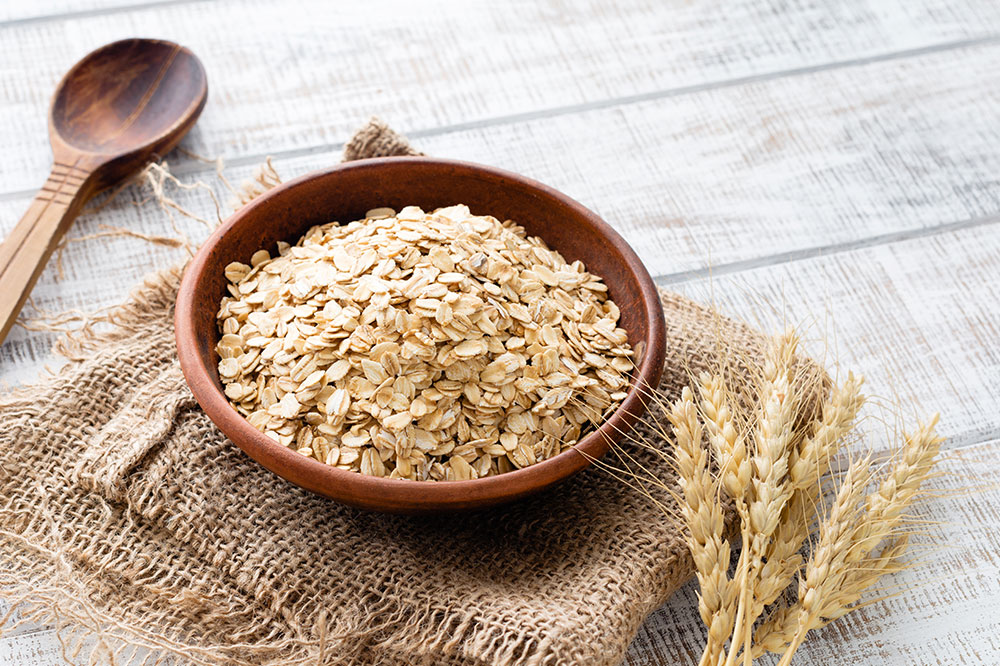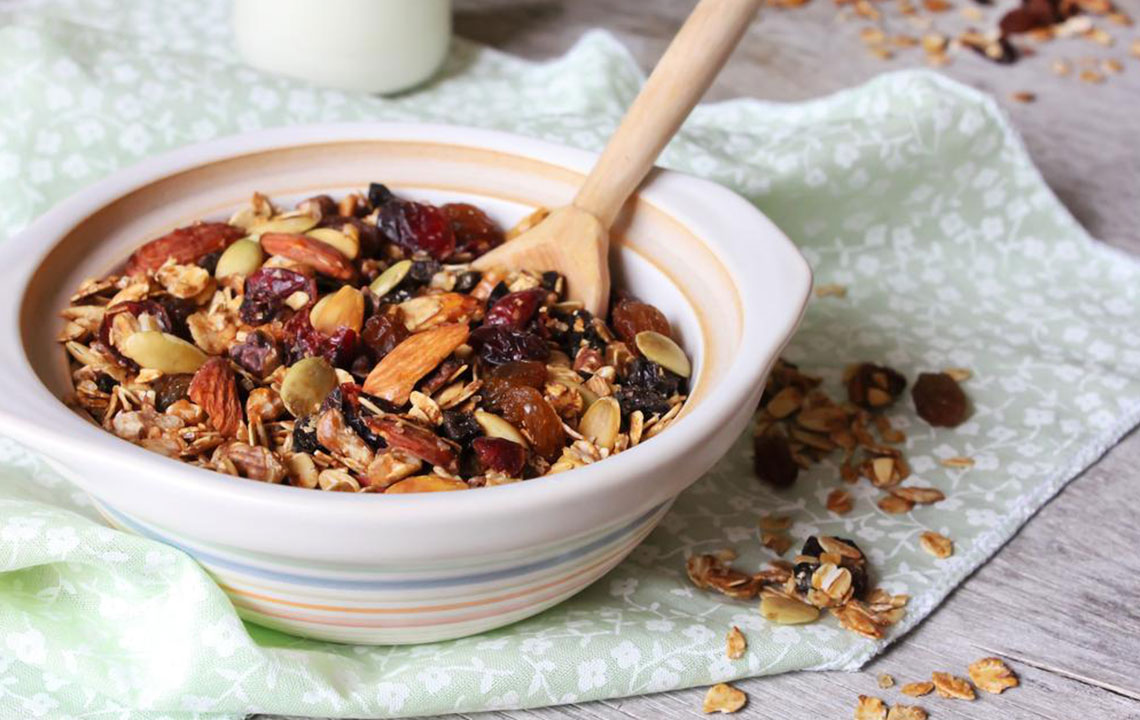Effective Strategies to Control Your Cholesterol Levels
Learn practical methods to regulate cholesterol levels, including diet recommendations and lifestyle tips. Regular testing and healthy habits are vital for preventing heart disease. Discover how foods like oats, beans, and olive oil can improve your heart health, along with the importance of routine cholesterol monitoring for all age groups.

Effective Strategies to Control Your Cholesterol Levels
Over a million individuals in the country face heart-related illnesses, with nearly half losing their lives to these conditions. Elevated blood cholesterol is a key contributor to heart attacks. Excessive cholesterol can lead to plaque buildup within artery walls, narrowing or blocking blood flow to the heart. This article aims to educate readers about cholesterol test results, enabling timely lifestyle changes to reduce risks. Many food products highlight low cholesterol content to appeal to health-conscious consumers, reflecting the importance of managing blood cholesterol for heart health.
Cholesterol levels directly influence cardiovascular health. Cholesterol is a fat-like substance that, when accumulated, can obstruct arteries, impeding oxygen delivery to the heart. A deficient blood flow results in chest pain or even cardiac arrest. Since individuals of all ages are susceptible, regular cholesterol monitoring is crucial regardless of age.
This is because high blood cholesterol is closely linked to heart disease risks. Cholesterol circulates in the blood and can deposit in artery walls, causing blockages. Maintaining optimal levels is vital for heart health. Cholesterol is measured through various components in blood tests, providing essential insights into cardiovascular risk factors.
Understanding Cholesterol Test Results
Interpreting your cholesterol report can be confusing due to various numerical values. Health authorities recommend individuals over 20 get tested every five years, but many neglect this advice. Blood tests typically assess four key parameters:
Total Cholesterol – Reflects overall cholesterol in your blood. Values below 200 mg/dl are considered ideal.
Low-density Lipoprotein (LDL) – Known as ‘bad' cholesterol, high LDL levels can cause artery blockages. Optimal levels are below 100 mg/dl; levels over 160 mg/dl are high risk.
High-density Lipoprotein (HDL) – Known as ‘good’ cholesterol, higher HDL levels protect against heart disease. Aim for 60 mg/dl or higher, while levels below 40 mg/dl indicate increased risk.
Triglycerides – Elevated triglycerides are linked to increased cardiovascular risk. Normal levels are below 150 mg/dl.
Smart Dietary Choices for Heart Health
Recent research from Harvard emphasizes dietary modifications to manage high cholesterol levels. Choosing foods that lower LDL cholesterol while avoiding those that raise it is essential for heart health.
Cereals – Having a breakfast of oatmeal with fruits like bananas and strawberries can significantly improve fiber intake, which should be between 20–35 grams daily.
Whole Grains – Foods like barley and whole wheat contain soluble fiber that reduces cholesterol levels.
Legumes – Beans, lentils, and peas are rich in soluble fiber, aiding cholesterol management and promoting satiety. Vegetables like eggplants and okra also contribute to fiber intake.
Healthy Oils – Using extra virgin olive oil helps maintain healthy cholesterol levels and supports cardiovascular health.
Maintaining a healthy heart requires both medical guidance and lifestyle discipline. Notably, quitting smoking and adopting a balanced diet can effectively lower cholesterol. Natural dietary interventions, combined with prescribed treatments, enhance cardiovascular health.










